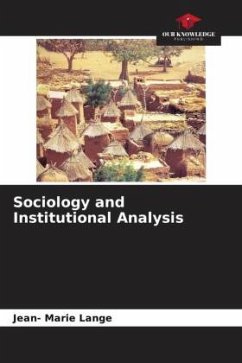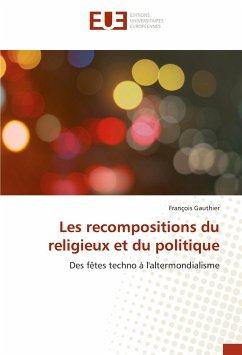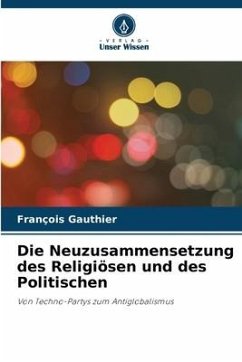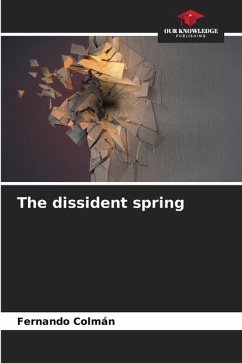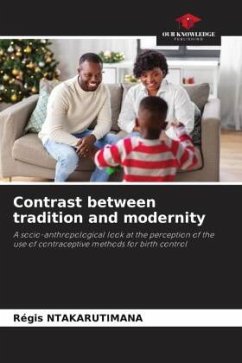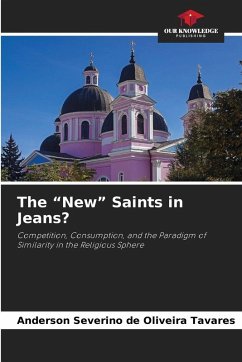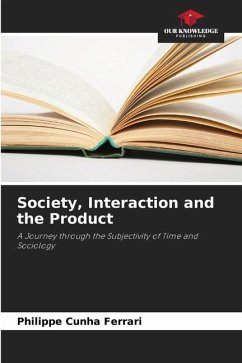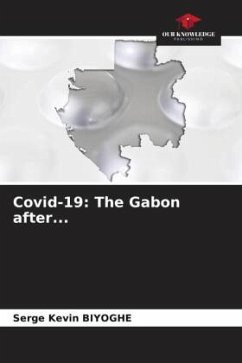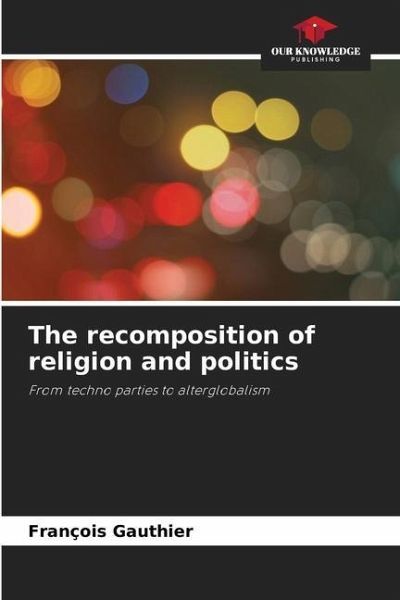
The recomposition of religion and politics
From techno parties to alterglobalism
Versandkostenfrei!
Versandfertig in 6-10 Tagen
53,99 €
inkl. MwSt.

PAYBACK Punkte
27 °P sammeln!
The 1990s saw the emergence of two seemingly distant youth phenomena. On the one hand, the appearance of techno music was the vector for the emergence of an original and brilliant subculture, revolving around festive events with a strong transformative potential. Without being a "religion", the techno phenomenon contains religious dimensions which are obvious and which are even claimed by the actors. On the other hand, a new political protest movement has emerged to denounce the excesses of economic globalisation, inventing in the process a radically new language that continues today with the ...
The 1990s saw the emergence of two seemingly distant youth phenomena. On the one hand, the appearance of techno music was the vector for the emergence of an original and brilliant subculture, revolving around festive events with a strong transformative potential. Without being a "religion", the techno phenomenon contains religious dimensions which are obvious and which are even claimed by the actors. On the other hand, a new political protest movement has emerged to denounce the excesses of economic globalisation, inventing in the process a radically new language that continues today with the Indignant and Occupy movements. Breaking with the imaginary and protest practices inherited from the post-war period and based on confrontation and the seizure of power, alterglobalism has invented carnivalesque and festive modes of mobilisation, unpredictable and colourful. What does this double irruption of the festive into the margins of culture mean? The analysis of these two phenomena shows a profound mutation of the religious as well as the political in our societies, now bathed in the market and shaped by consumerism.



